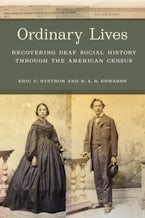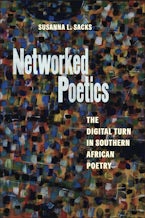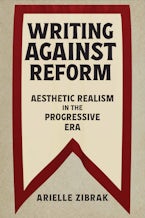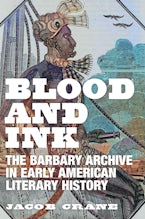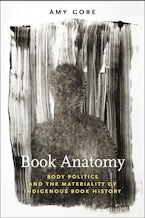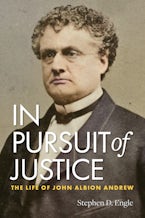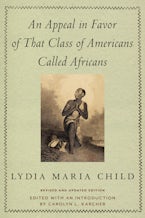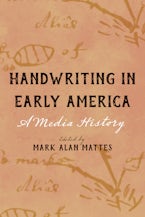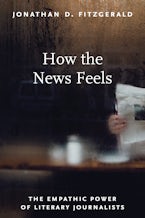- Home
- Ashes of the Mind

Ashes of the Mind
War and Memory in Northern Literature, 1865-1900
Published by: University of Massachusetts Press
280 Pages, 6.00 x 9.00 x 0.90 in
Other Retailers:
The memory of the American Civil War took many forms over the decades after the conflict ended: personal, social, religious, and political. It was also remembered and commemorated by poets and fiction writers who understood that the war had bequeathed both historical and symbolic meanings to American culture. Although the defeated Confederacy became best known for producing a literature of nostalgia and an ideological defensiveness intended to protect the South's own version of history, authors loyal to the Union also confronted the question of what the memory of the war signified, and how to shape the literary response to that individual and collective experience.
In Ashes of the Mind, Martin Griffin examines the work of five Northerners—three poets and two fiction writers—who over a period of four decades tried to understand and articulate the landscape of memory in postwar America, and in particular in that part of the nation that could, with most justification, claim the victory of its beliefs and values. The book begins with an examination of the rhetorical grandeur of James Russell Lowell's Harvard Commemoration Ode, ranges across Herman Melville's ironic war poetry, Henry James's novel of North-South reconciliation, The Bostonians, and Ambrose Bierce's short stories, and ends with the bitter meditation on race and nation presented by Paul Laurence Dunbar's elegy "Robert Gould Shaw." Together these texts reveal how a group of representative Northern writers were haunted in different ways by the memory of the
conflict and its fraught legacy.
Griffin traces a concern with individual and community loss, ambivalence toward victory, and a changing politics of commemoration in the writings of Lowell, Melville, James, Bierce, and Dunbar. What links these very different authors is a Northern memory of the war that became more complex and more compromised as the century went on, often replacing a sense of justification and achievement with a perception of irony and failed promise.
In Ashes of the Mind, Martin Griffin examines the work of five Northerners—three poets and two fiction writers—who over a period of four decades tried to understand and articulate the landscape of memory in postwar America, and in particular in that part of the nation that could, with most justification, claim the victory of its beliefs and values. The book begins with an examination of the rhetorical grandeur of James Russell Lowell's Harvard Commemoration Ode, ranges across Herman Melville's ironic war poetry, Henry James's novel of North-South reconciliation, The Bostonians, and Ambrose Bierce's short stories, and ends with the bitter meditation on race and nation presented by Paul Laurence Dunbar's elegy "Robert Gould Shaw." Together these texts reveal how a group of representative Northern writers were haunted in different ways by the memory of the
conflict and its fraught legacy.
Griffin traces a concern with individual and community loss, ambivalence toward victory, and a changing politics of commemoration in the writings of Lowell, Melville, James, Bierce, and Dunbar. What links these very different authors is a Northern memory of the war that became more complex and more compromised as the century went on, often replacing a sense of justification and achievement with a perception of irony and failed promise.
Martin Griffin is assistant professor of English at the University of Tennessee, Knoxville.
""Ashes of the Mind will both add to the existing scholarship in a meaningful way and model a kind of interdisciplinarity that the field sorely needs."—Lyde Cullen Sizer
, author of The Political Work of Northern Women Writers and the Civil War, 1850–1872
"Griffin analyzes, for the first time, how Northern writers dealt with their lack of equivalent "mission" and materials with which to construct any alternative narratives about the war's meaning. . . . Highly Recommended."—Choice
"It is to Griffin's great credit that Ashes of the Mind succeeds as a professional work of history while managing avoid most of the 'lit-crit' jargon that sometimes makes literary criticism inaccessible to anyone other than its author. In the end, Griffin's case is arguable, itself an achievement in a discourse that heretofore has existed only in a vacuum."—New England Quarterly
"The book makes an important contribution to the much-explored genre of collective memory studies by highlighting such naysayers as Bierce, Dunbar, and The Bostonians (the latter two barely mentioned in Daniel Aaron's The Unwritten War: American Writers and the Civil War [1973])."—American Studies

